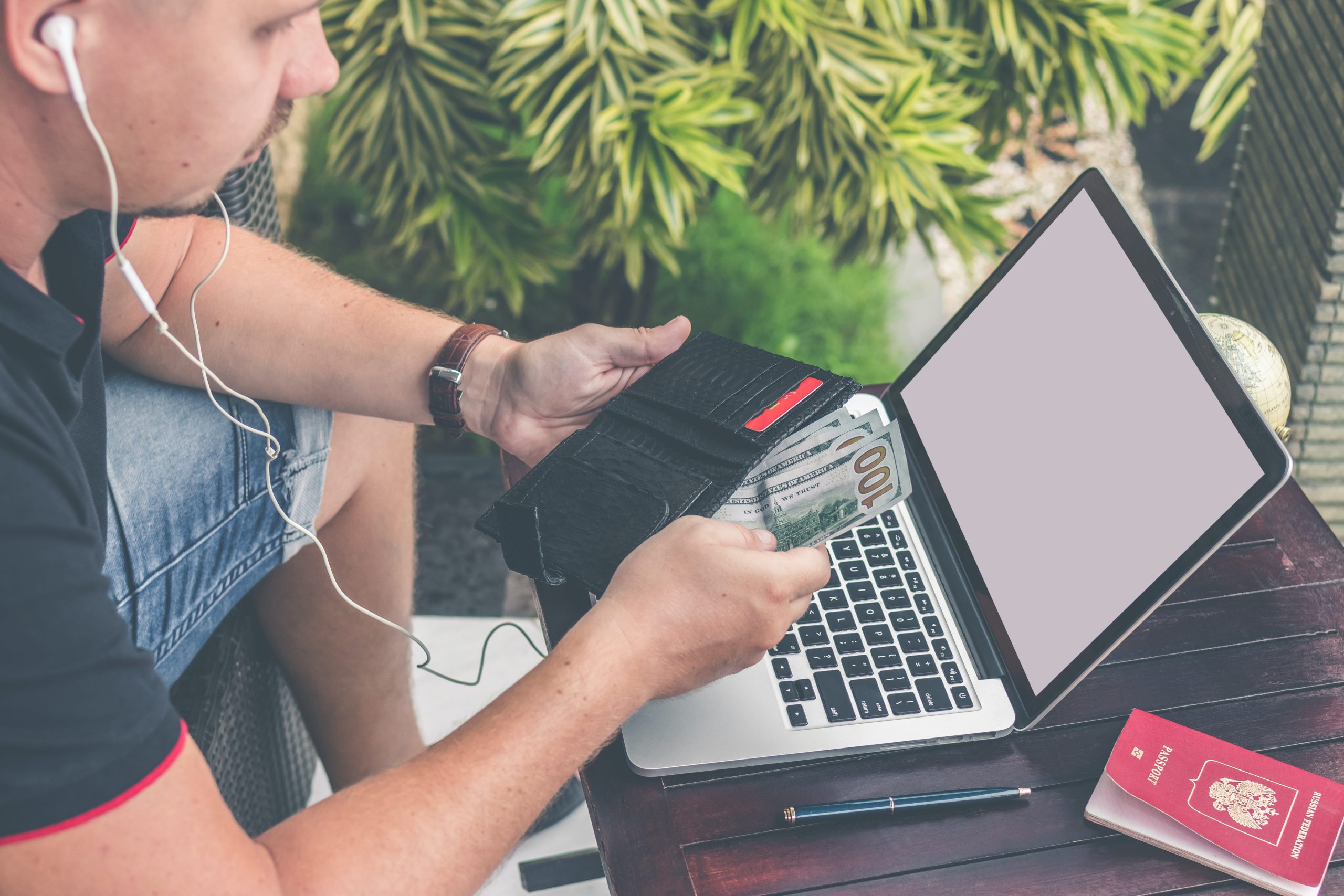
Precautions against COVID-19 are on the rise as cities, and entire states, shut down schools, restaurants, bars, entertainment facilities, and implement shelter-in-place regulations. Where gatherings are still permitted, they are limited in size — a 10 person maximum in some places — and corporations are requiring their employees to work from home for several weeks on end.
Amid all these changes, mortgage rates are dropping and the housing market continues to flourish in many areas. As you pursue real estate opportunities these next few weeks, however, it is important to consider how to stay safe in the midst of Coronavirus. Apart from practicing social distancing and measures outlined by the CDC, another practical step is to change the way you handle money. With COVID-19, there are plenty of reasons why consumers are rethinking the use of cash and switching to electronic payments for all of their transactions, including real estate.
Can COVID-19 Live on Cash?
Consumers around the globe are wondering how long COVID-19 lives on surfaces — and if cash is one of those surfaces. Whether you’re buying or selling your house, or simply doing your utmost to stay safe from the Coronavirus outbreak, this question has likely crossed your mind.
Previous studies of other coronaviruses, particularly MERS and SARS, indicate that they can live on some surfaces for up to nine days.
When it comes to COVID-19, however, there is still a lot we do not know. We do know that person-to-person contact spreads the virus, as do droplets released from the nose and mouth — when someone coughs, for instance. Some of these droplets can even live in the air for up to 3 hours, while others land on nearby surfaces and clothing.
The most recent research on COVID-19, done by the US National Institutes of Health, found that it can even live on surfaces anywhere from a few hours to a few days. It survives on copper for just a few hours, but still long enough to pass an infected coin from one person to another. It lives the longest on stainless steel and plastic.
When it comes to cardboard, COVID-19 can live for 24 hours, 3 times longer than other coronaviruses, such as SARS.
So what does this mean for using cash? Although there is no definitive answer about whether the virus can be spread by cash, experts aren’t ruling it out. According to everyone from the CDC to local health professionals, the best way to stop the spread of the virus is to avoid human contact, disinfect everything we touch, and wash our hands.
New Precautions When Handling Money
When COVID-19 first appeared, the People’s Bank of China began to use high-temperature ovens and ultraviolet light to disinfect any cash coming into the bank. Businesses in Seattle, the first U.S. city to experience an outbreak, posted signs asking customers to only make purchases by card to help stop the spread of the virus. In one case, these precautions were implemented by a business that has been cash-only for decades.
What other precautions can we take? Whenever possible, simply avoid the use of cash entirely. The nationwide shutdown of businesses, shelter-in-place orders, and social distancing practices are to help slow the spread of the virus, or “flatten the curve”.
With new research showing that the virus can, in fact, live on metal, plastic, and more porous surfaces like clothing and cardboard, it stands to reason that another way to slow COVID-19’s impact on our society is to limit how much we handle money.
Alternatives to Cash for Real Estate Purchases
As a society, we’re already accustomed to making everyday purchases with debit or credit cards. When it comes to real estate transactions, however, there are many scenarios where consumers still handle money and transactions using cash.
With LemonBrew Abstract’s electronic transfer, every single transaction you make throughout the real estate process is handled securely through ACH. Avoid cash entirely — and help flatten the curve — by paying for inspections, admin fees, down payments, and even closing costs through electronic transfer.
Abstract even allows you to avoid going to the bank to schedule a wire transfer at closing. All your payments can be made from your phone or computer, and the safety of your own home.
Social distancing and COVID-19 doesn’t mean you have to stop making purchases or even halt your real estate plans. But with the risk of spreading the virus when we handle money, finding alternative options for our transactions will certainly help keep each other safe during this uncertain time.
